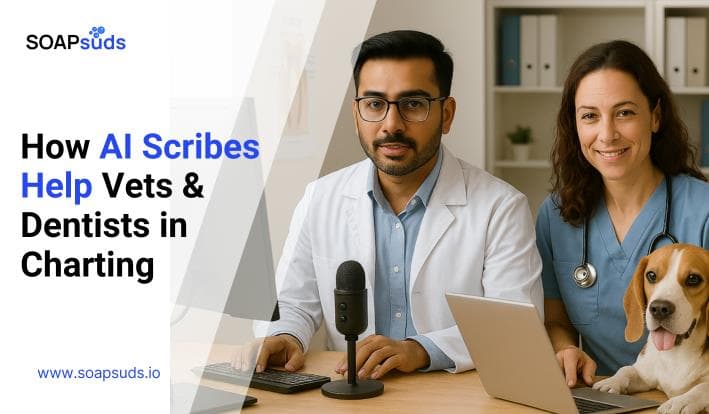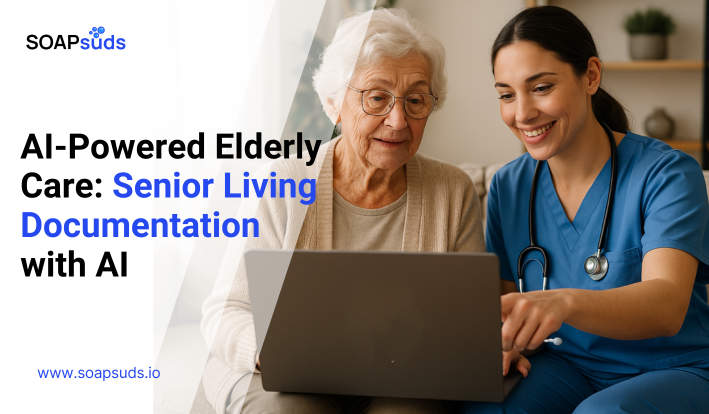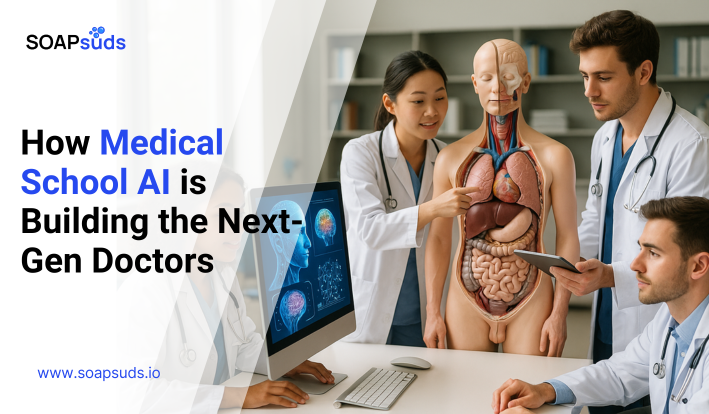The Role of APIs in Modern Healthcare and Data Integration
SOAPsuds team
Published: 2/28/2025
SOAPsuds team
Published: 2/28/2025

Veterinarians and dentists often spend long hours on detailed notes, compliance work, and patient charts.

The integration of AI Medical Scribes in healthcare is proving to be a crucial...

Modernizing the first step of the patient journey—patient intake—is now easier with digital...

Trust and respect are the base of any strong therapeutic bond. Without them, even...

Senior living providers face growing challenges as they care for a rapidly aging population, manage

AI is changing how doctors are trained, improving accuracy in diagnosis, speeding up learning,
Clinical Notes
SOAP notes
DAP notes
AI medical notes